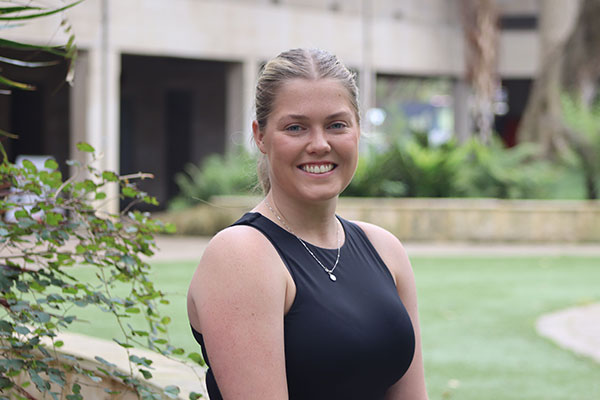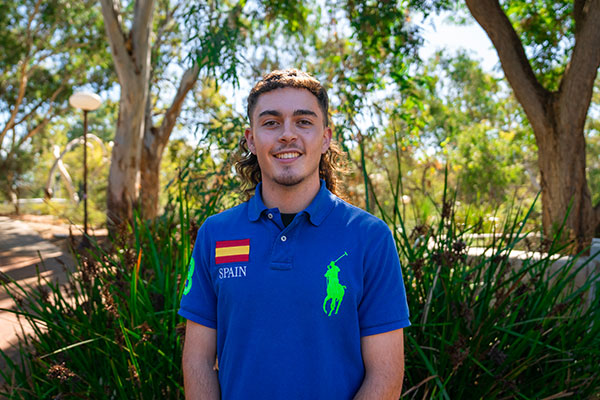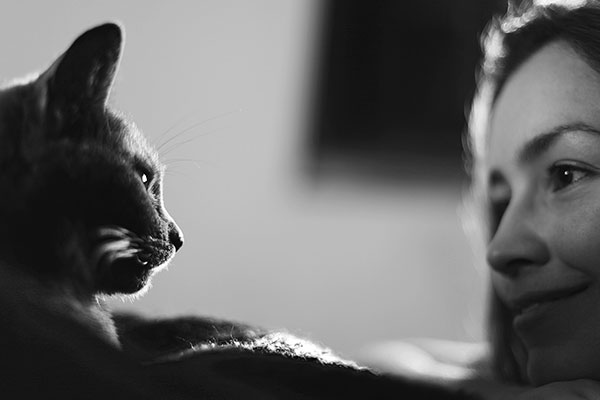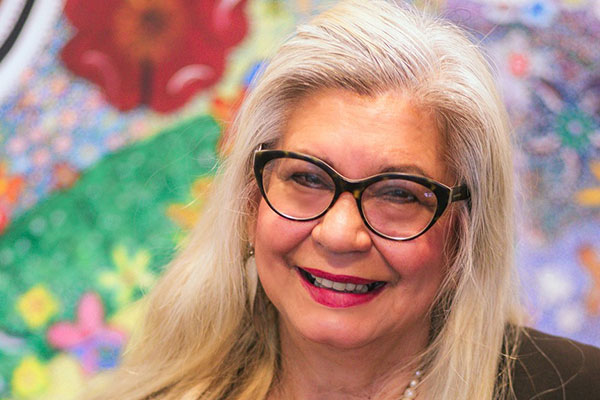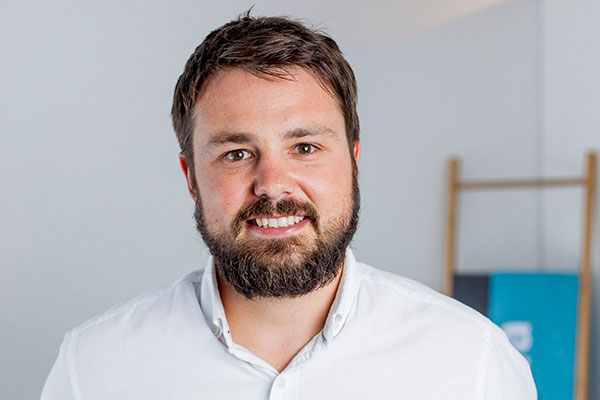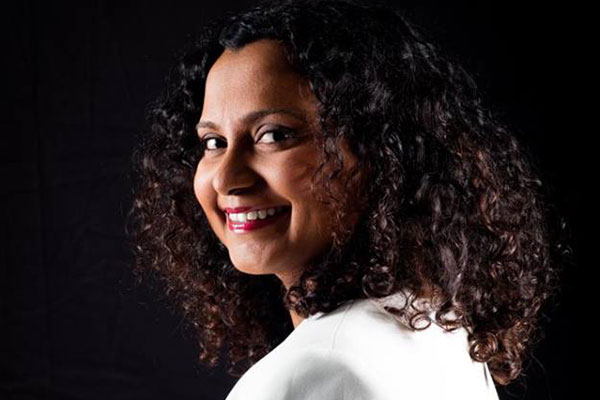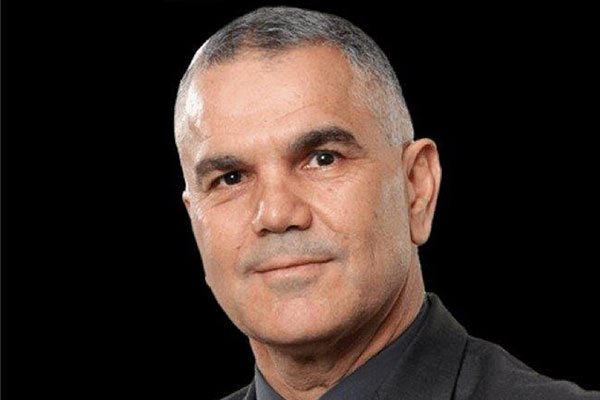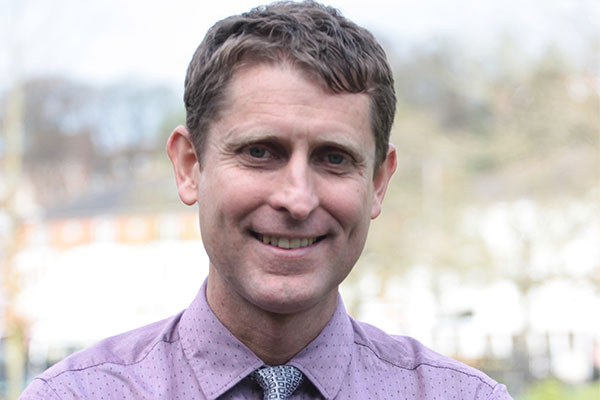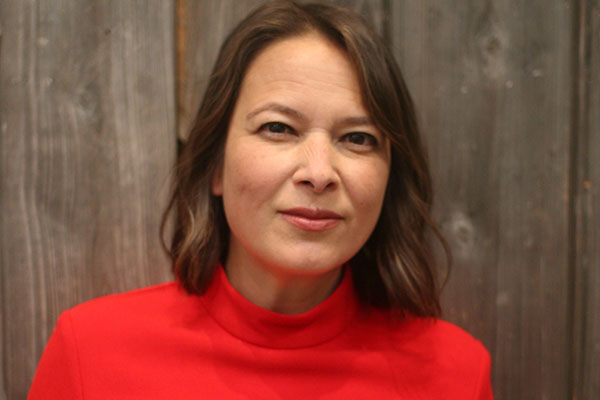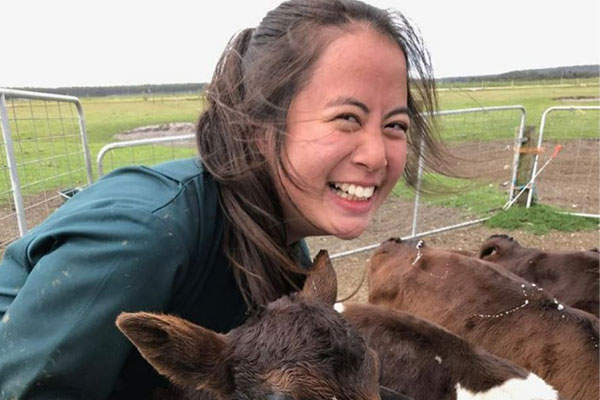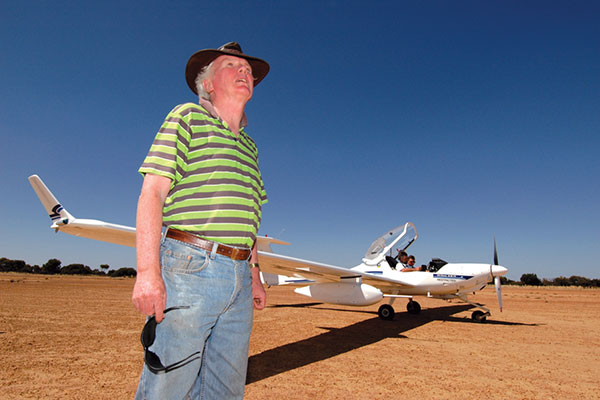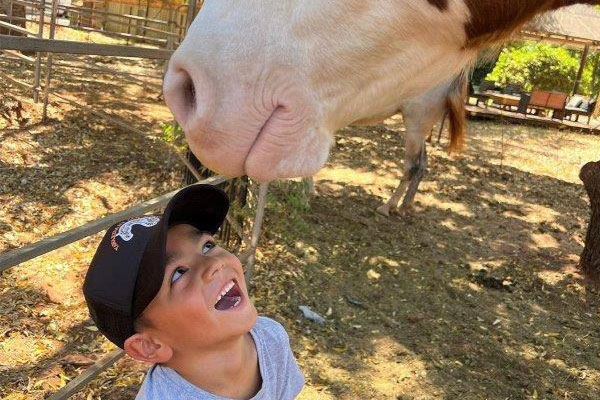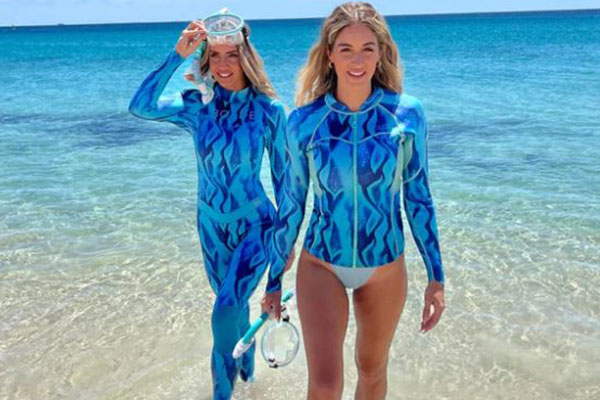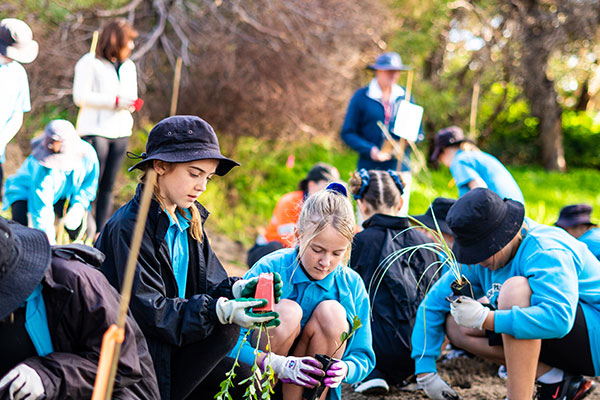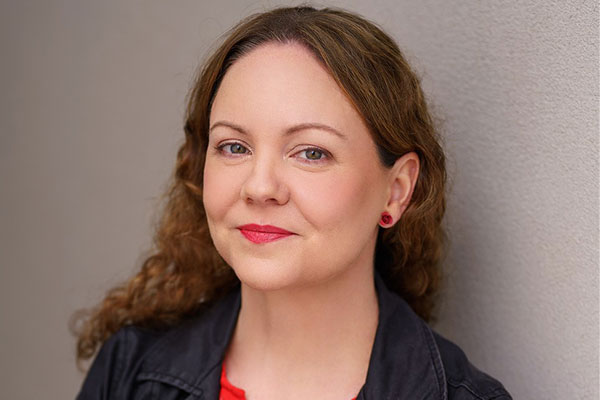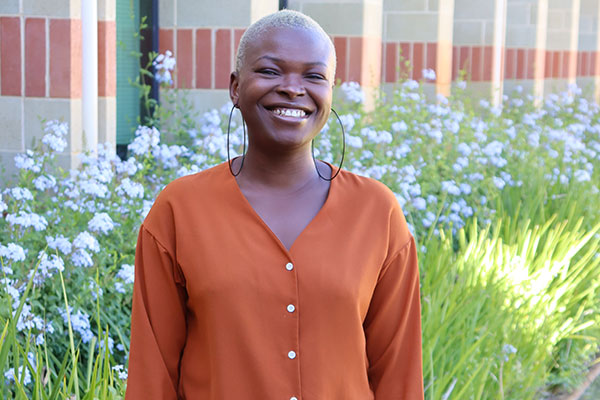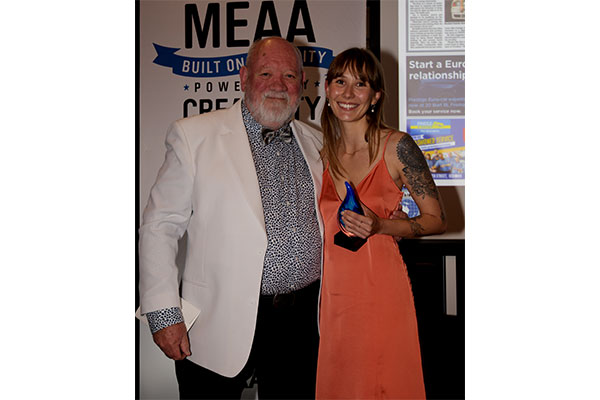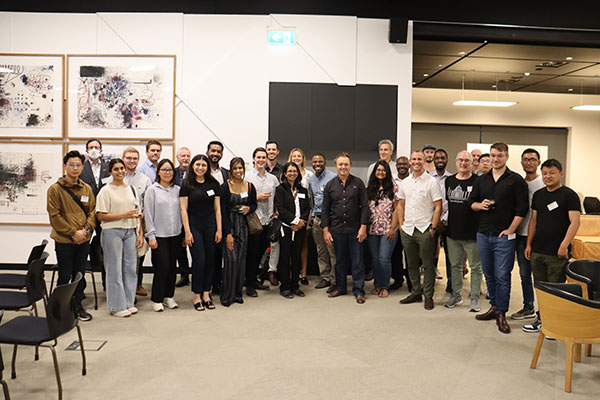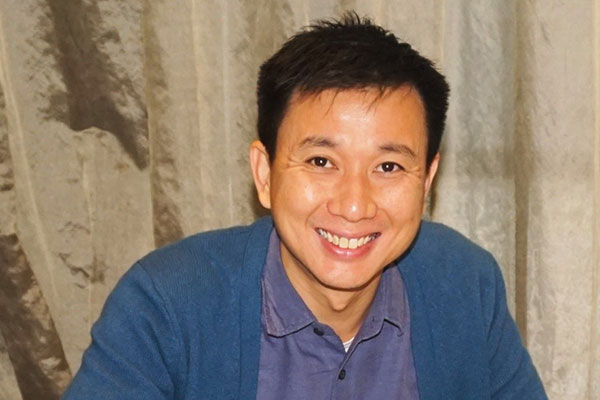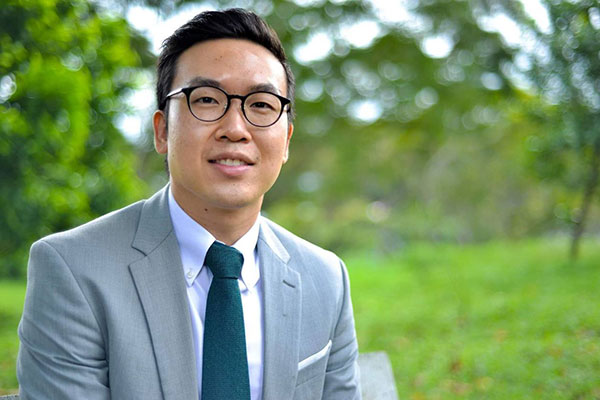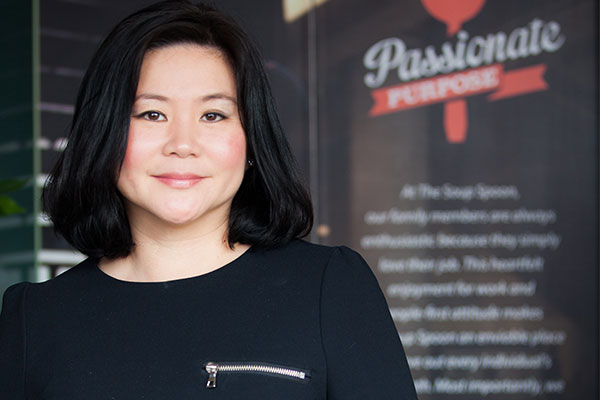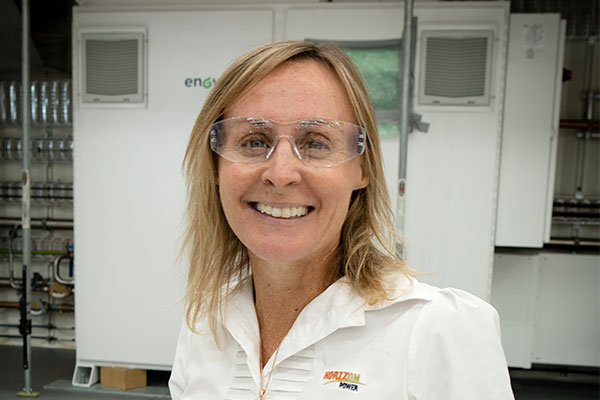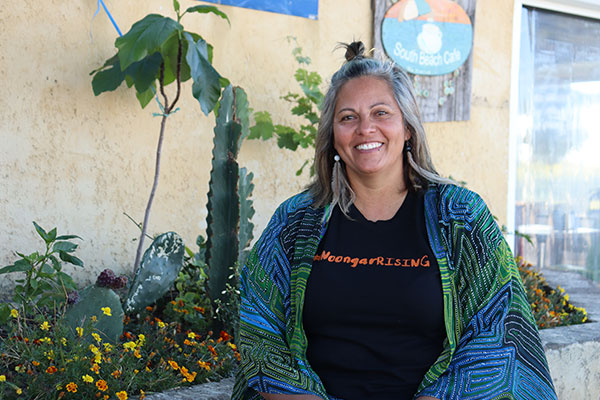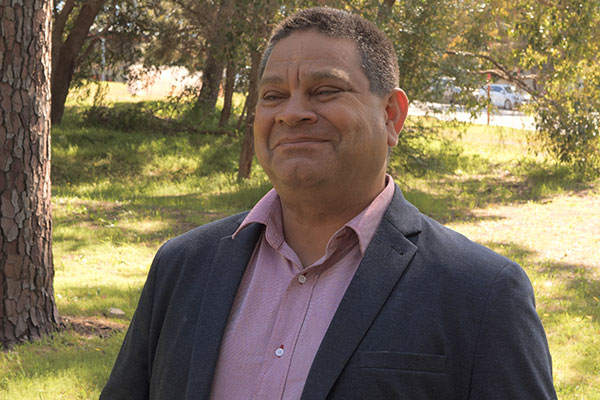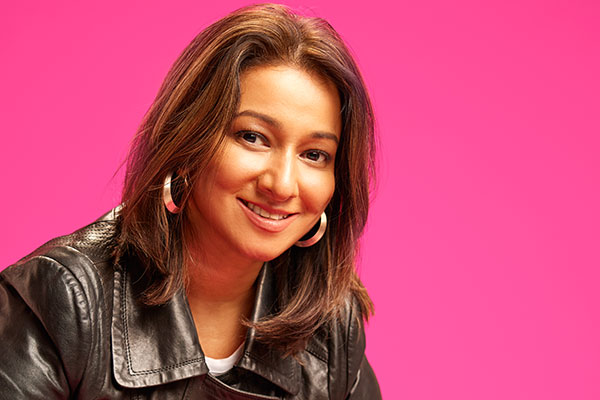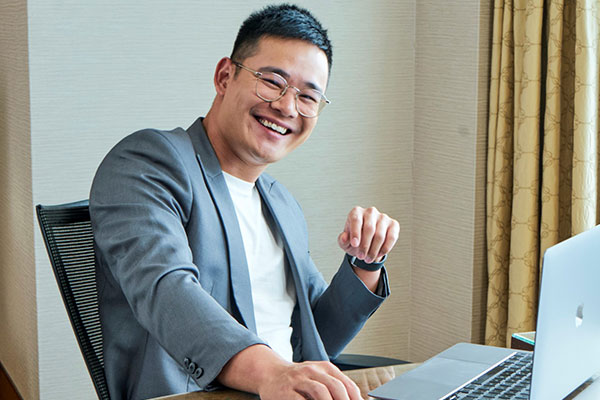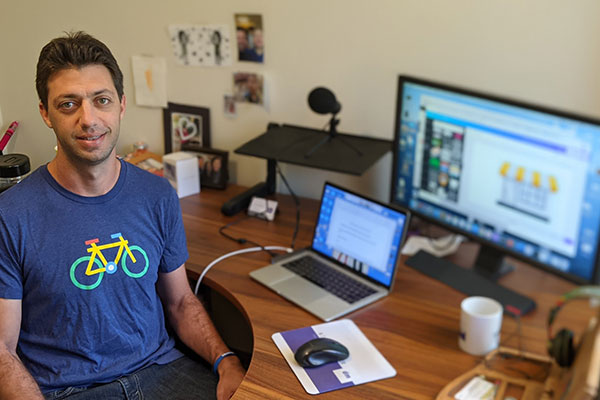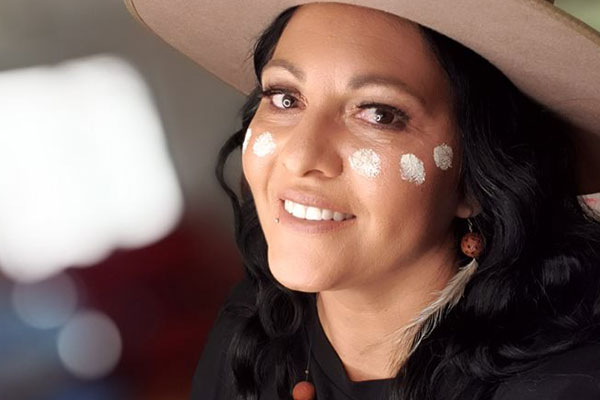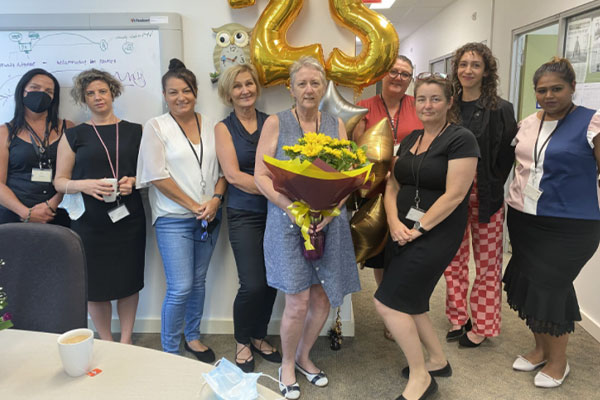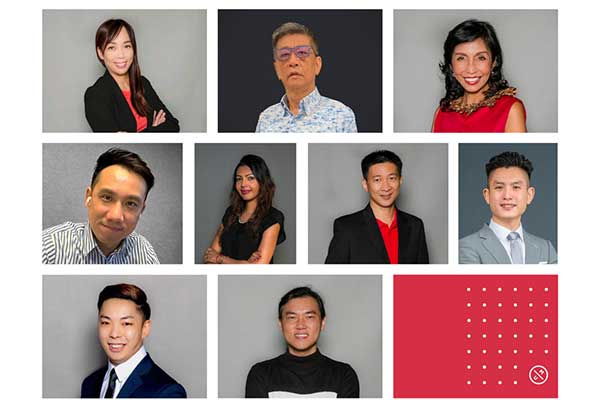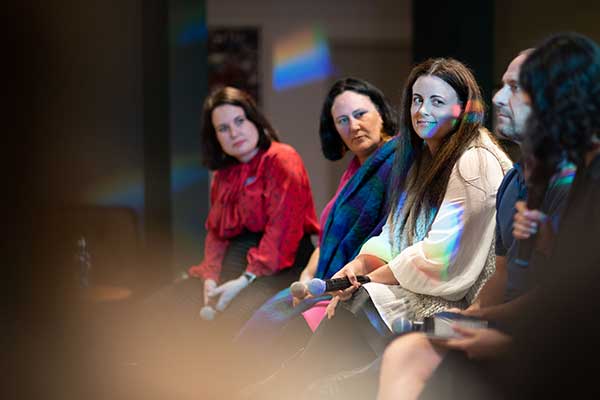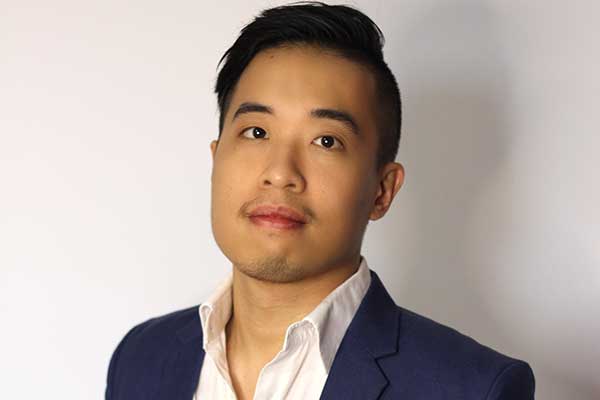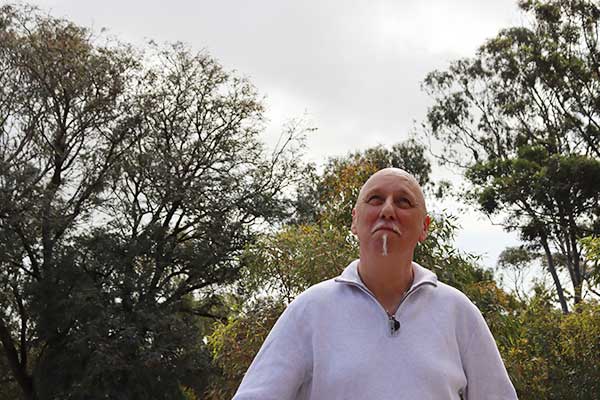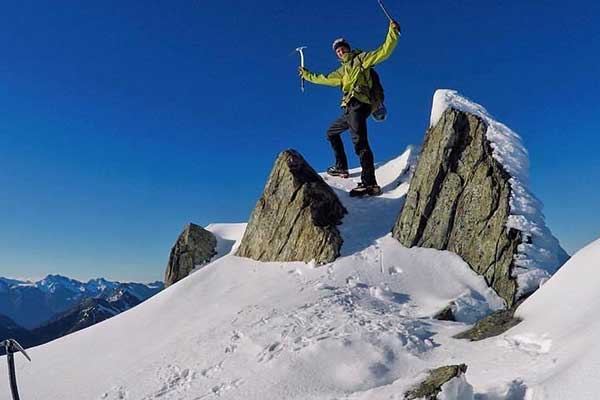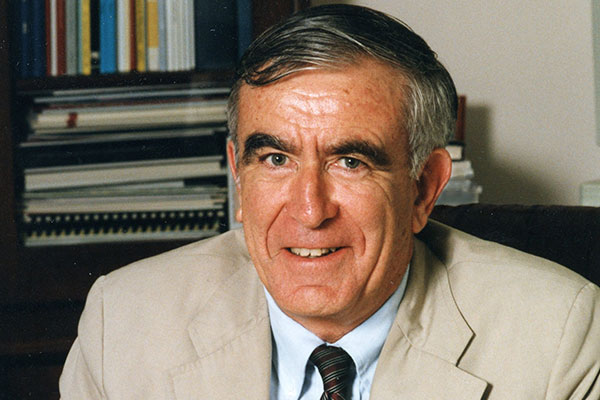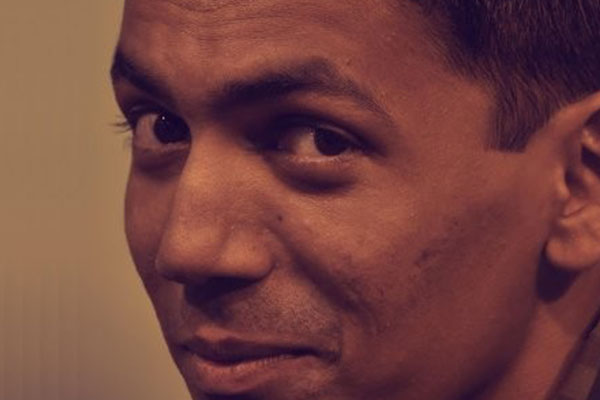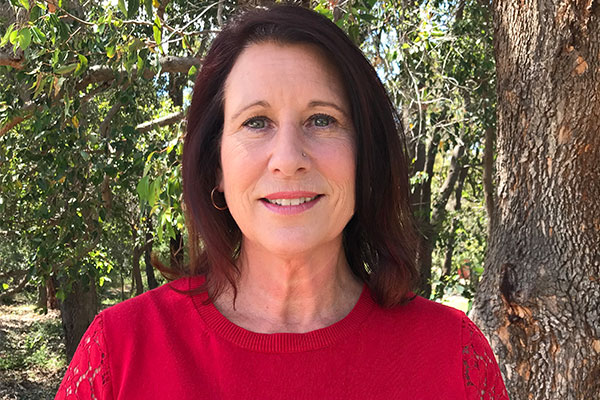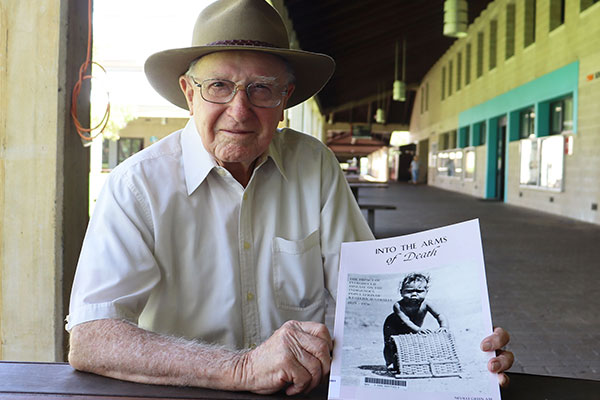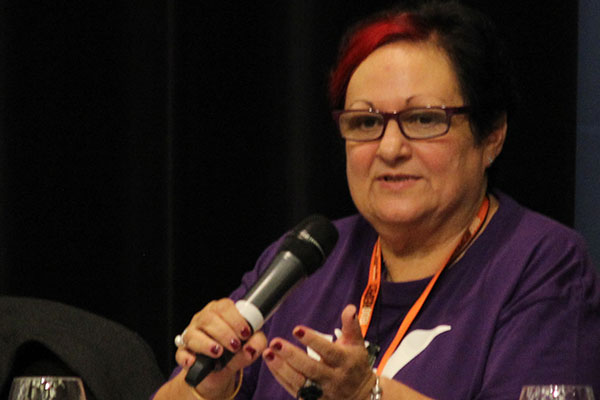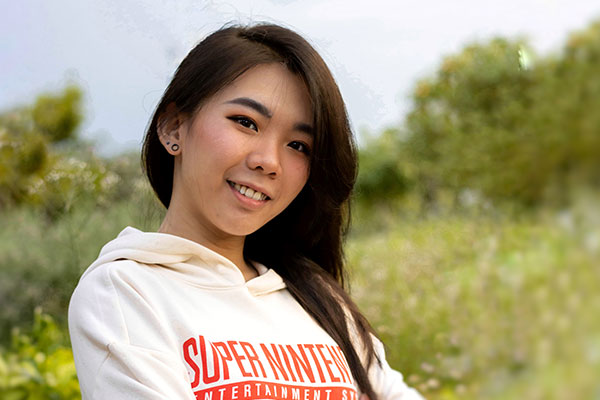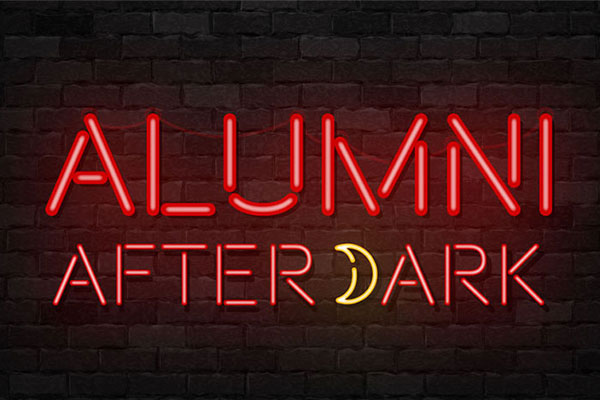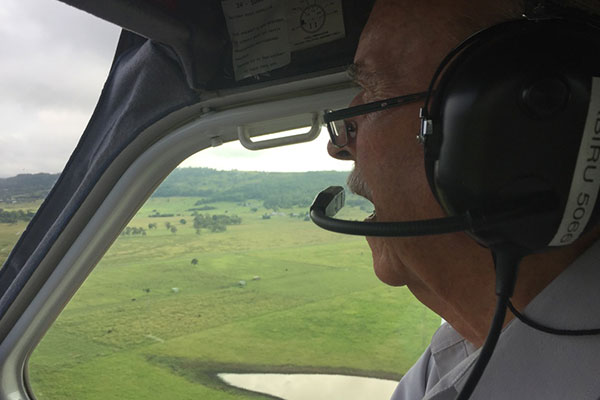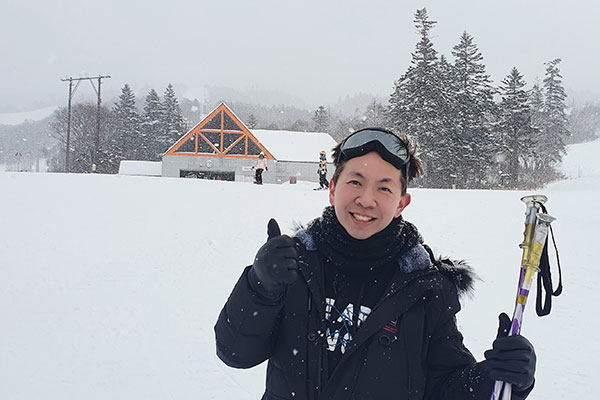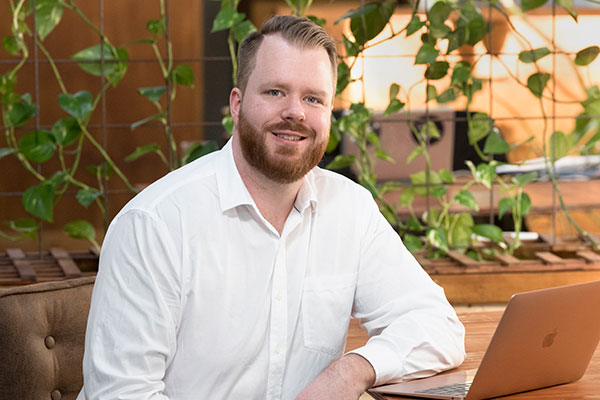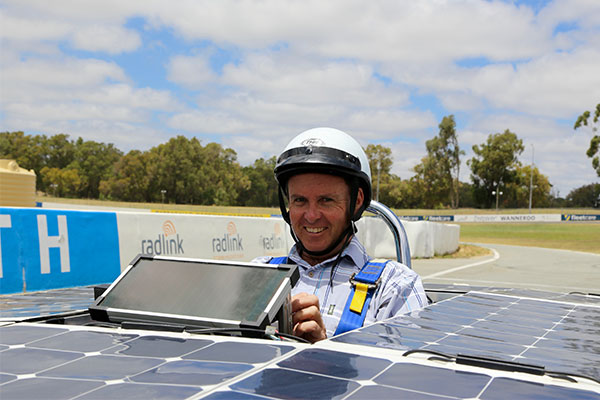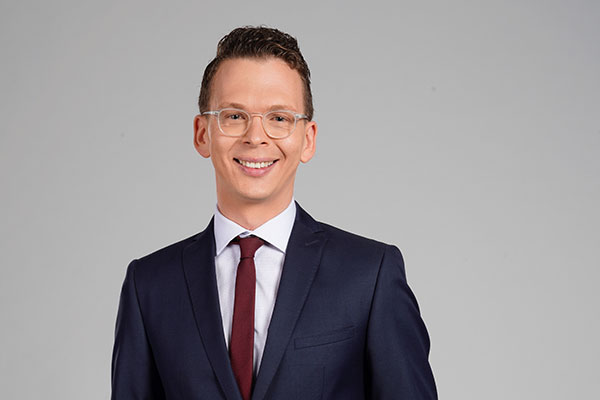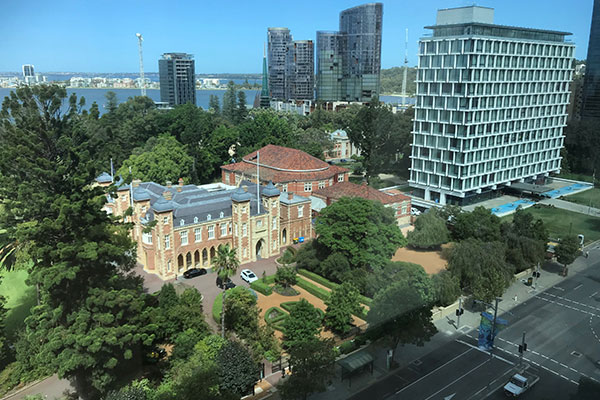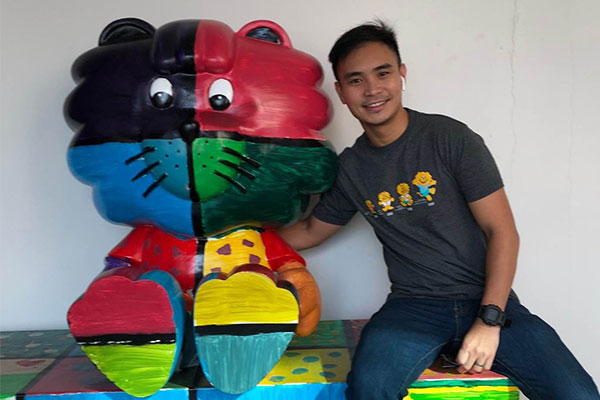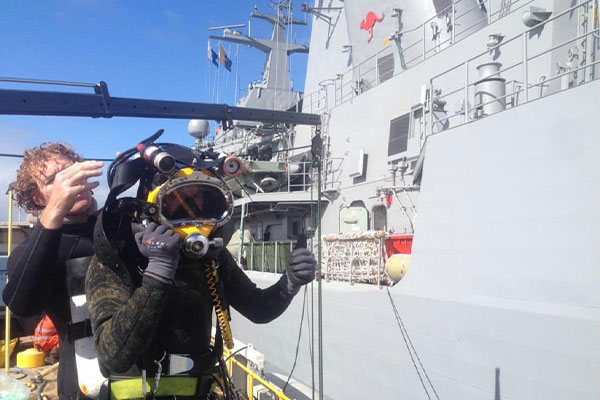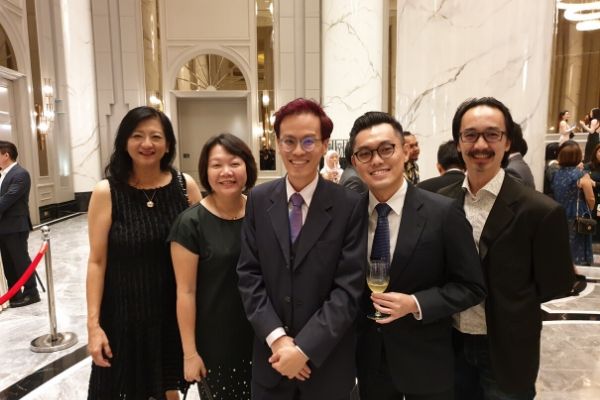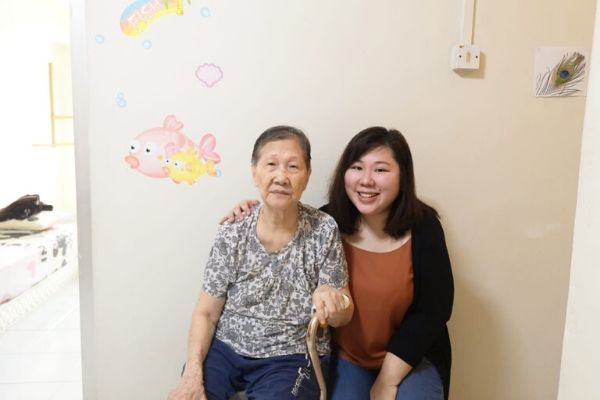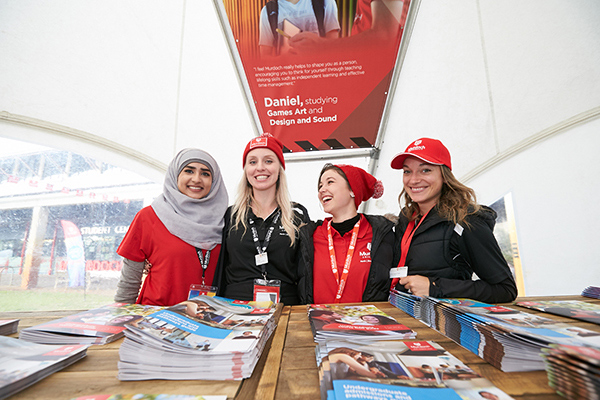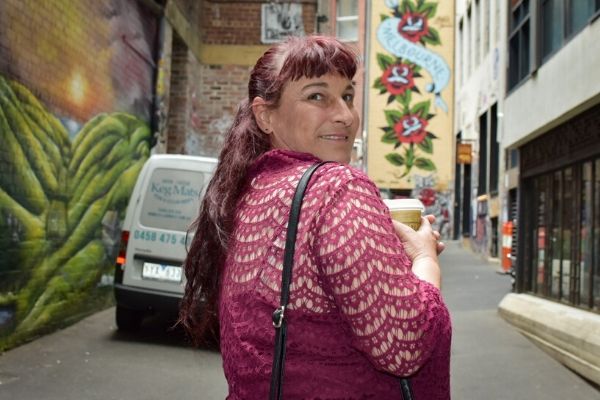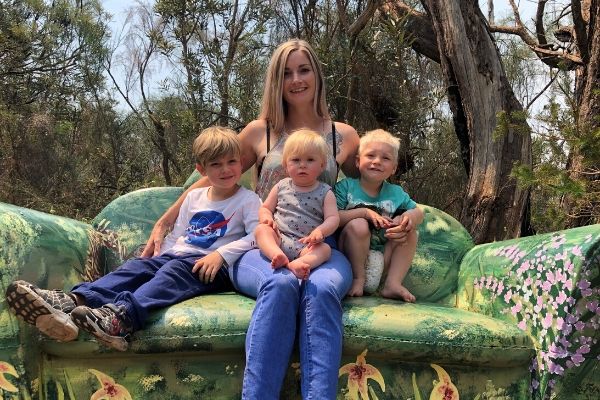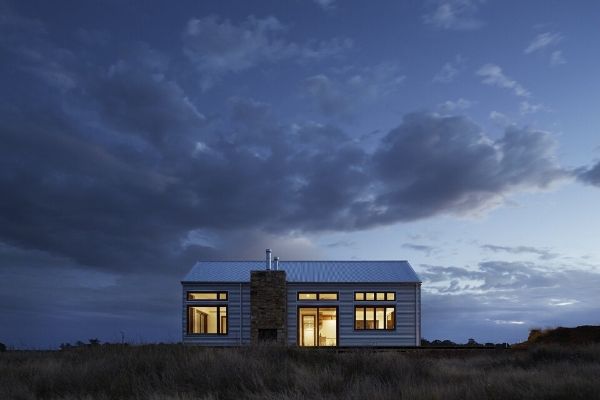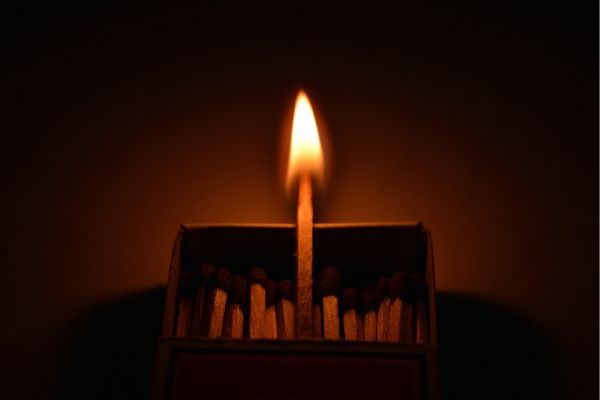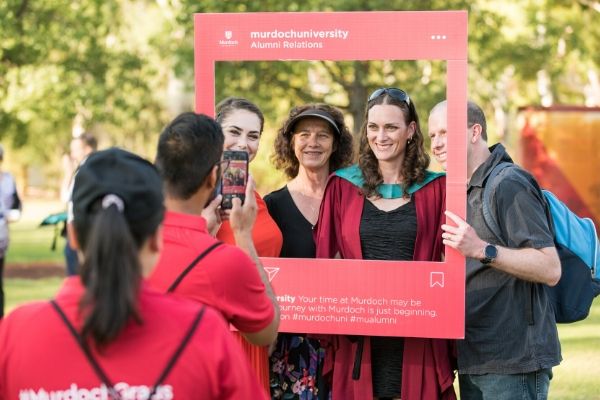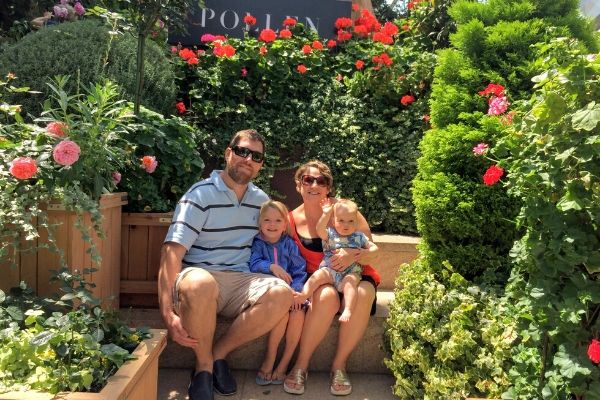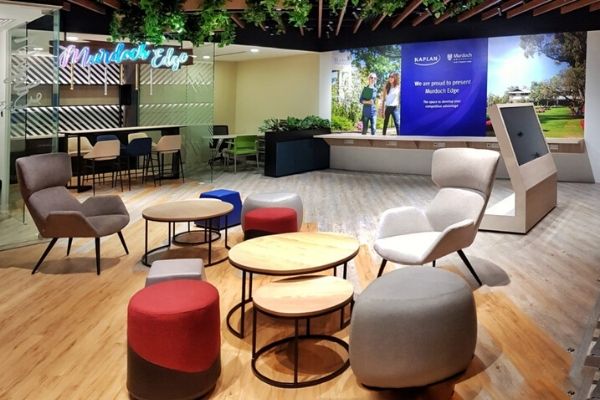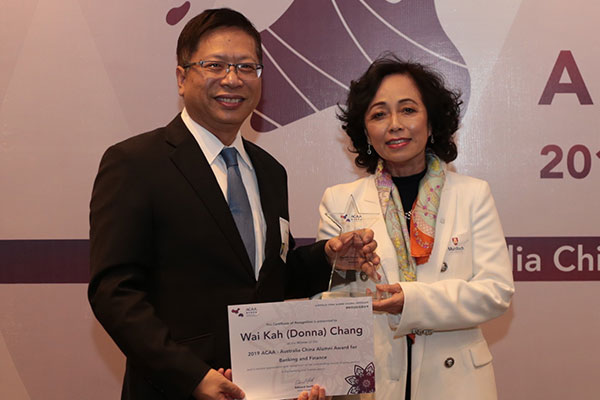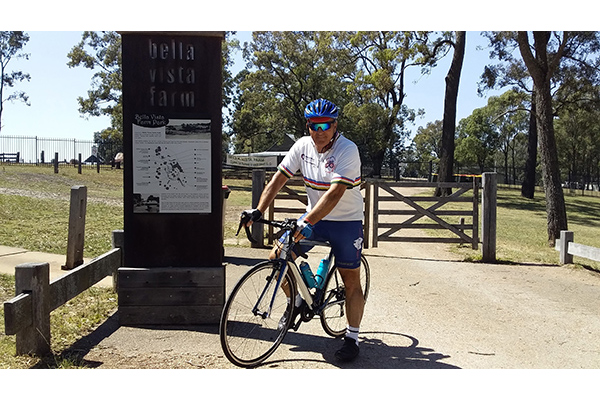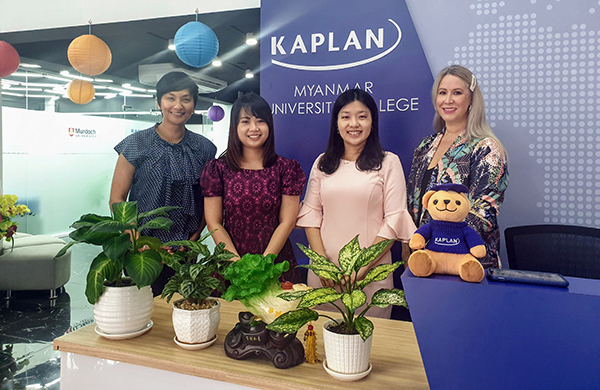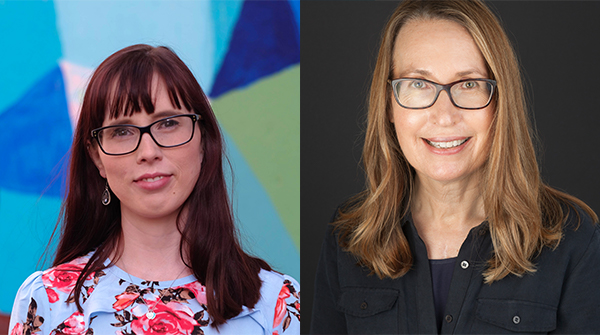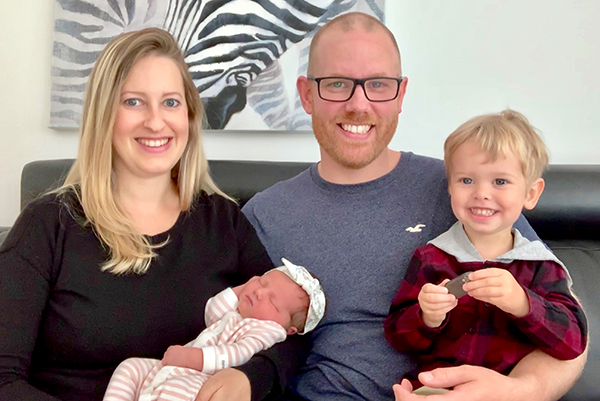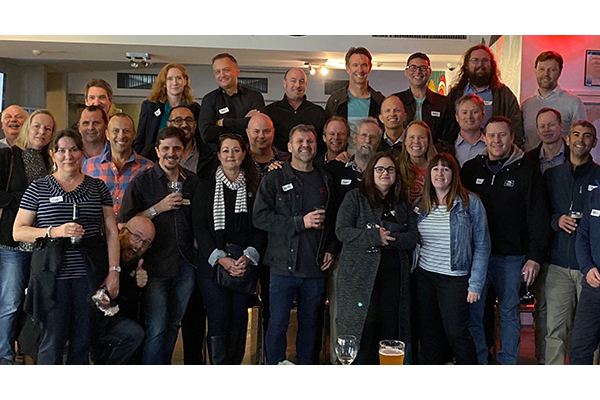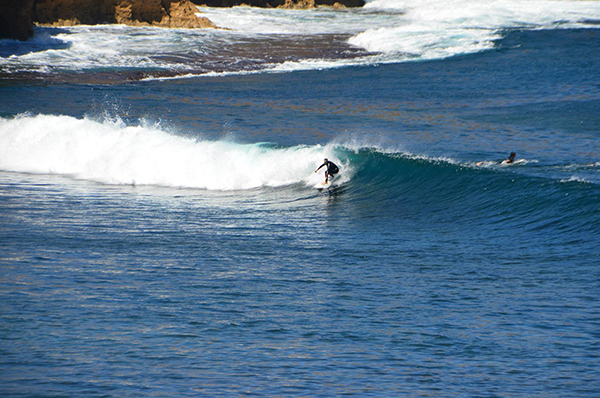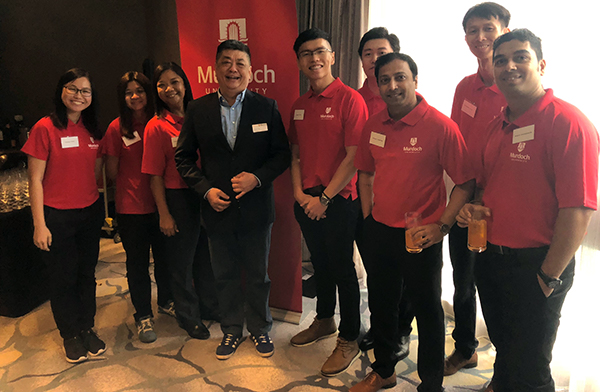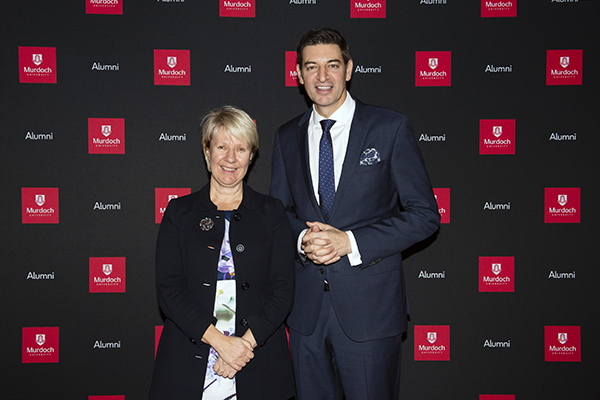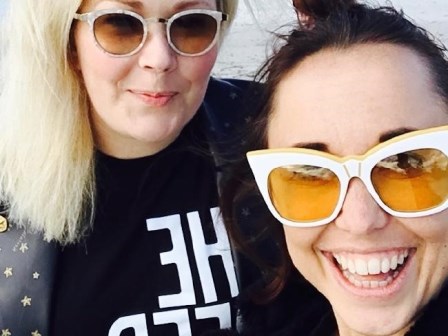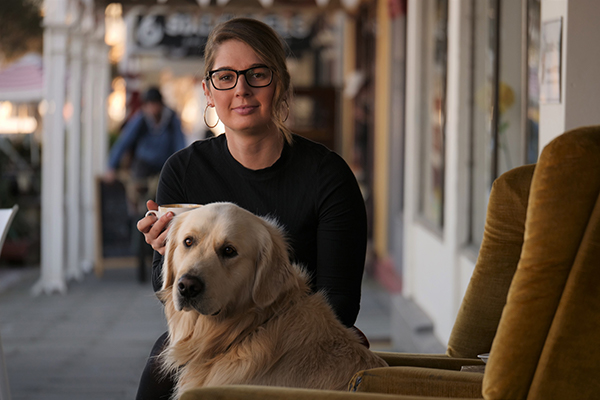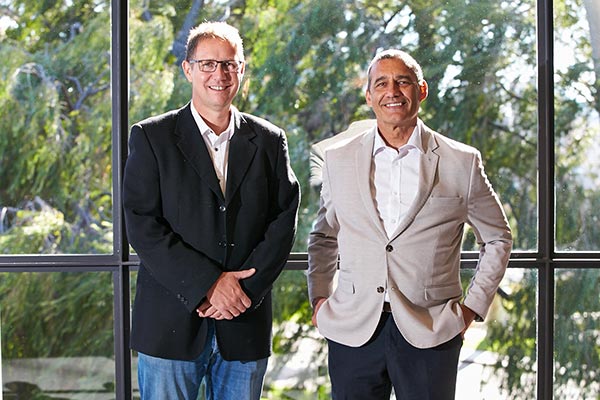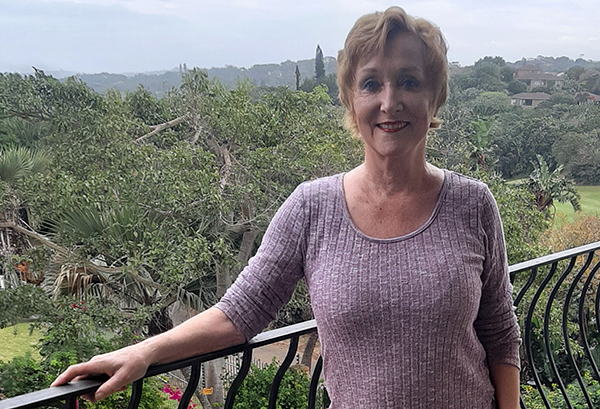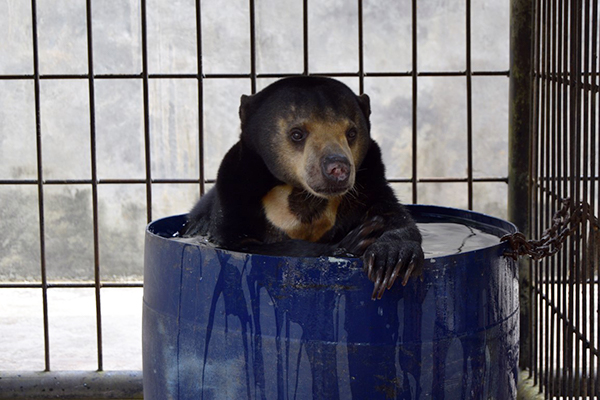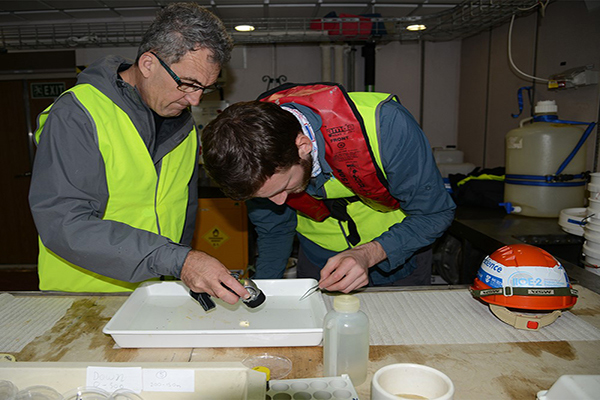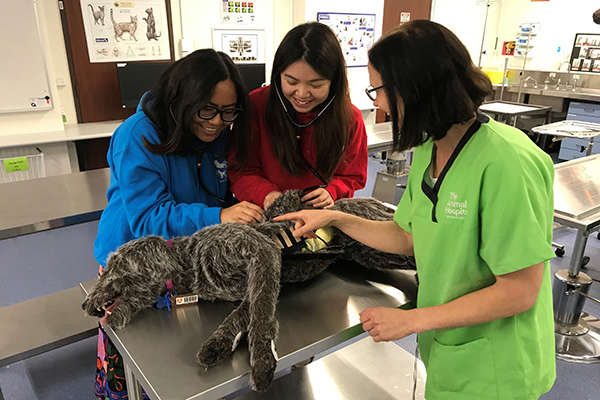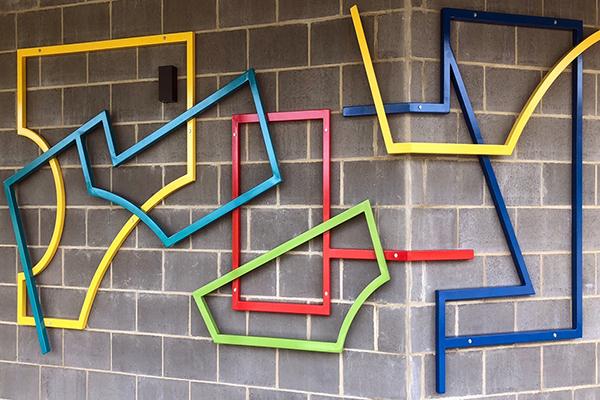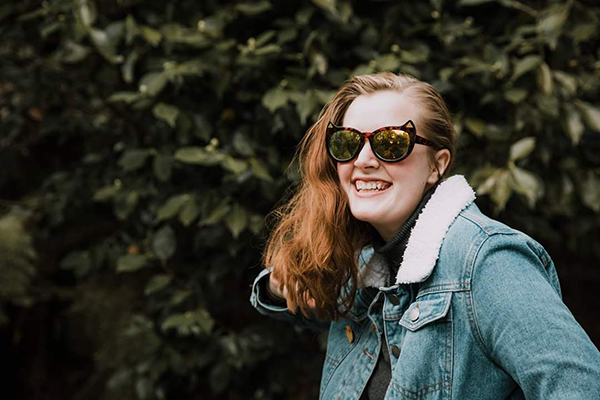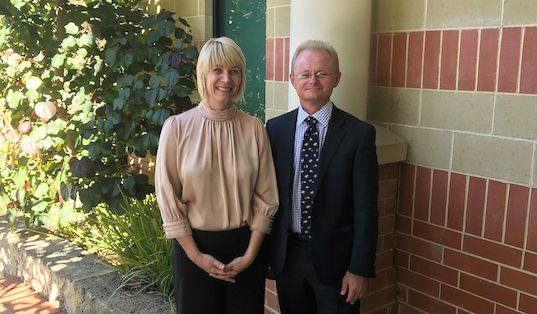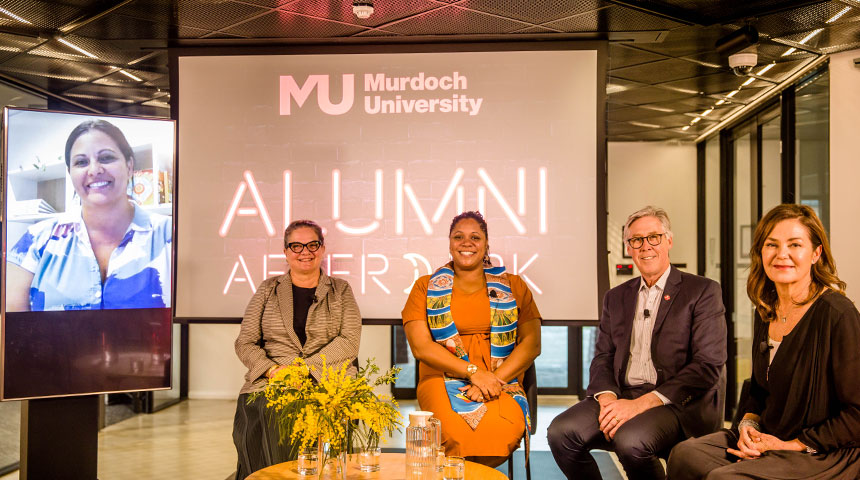
The Alumni Relations team were delighted to host a powerful and highly informative panel discussion recently that was recorded for our Alumni After Dark program.
The unique event featured a panel of Murdoch alumni and community members who gathered to discuss Aboriginal Cultural Intelligence and Sustainability with a focus on ‘Heal Country’ the theme of NAIDOC Week 2021. It also included representatives from Murdoch's Kulbardi Aboriginal Centre which provides support to Murdoch's Aboriginal and Torres Strait Islander students throughout their academic journey.
Deftly moderated by MC Robyn Johnston, the panel featured three Murdoch alumni and the current Murdoch Chancellor and co-chair of Reconciliation WA, Gary Smith. Joining Gary were Ms Thierra Clanton (BSc Environmental Management and Sustainability 2018) who is currently working as an environmental scientist at the Water Corporation and Ms Stephanie Monck (B Laws 2001) who is the Principal Legal Officer at the Women’s Legal Service of WA. Joining the panel remotely was Heidi Mippy (Ex. Masters in Leadership, Strategy and Innovation 2020). Heidi currently works in Broome and manages the land and sea management unit of the Kimberley Land Council.
Stephanie led the early discussion where she explained how Murdoch had ignited her passion for social justice issues. Her studies building on her own painful personal experiences, as her grandmother, mother and brother were all part of the stolen generation.
‘I would have been next, except my mum met my stepfather who is a wadjala from Perth. I called him my ‘white protector’ when I was growing up. That’s how I ended up in Perth. They sent me to boarding school, which is how I received my education at Mercedes College and eventually found my way to Murdoch,” said Stephanie.
When asked what she would like to see change in the legal world, Stephanie emphasised a need for greater representation. “I’d like to see more input from Aboriginal people in decision making, where the law affects them, particularly in care and protection matters. They need to be engaged in where children are placed, and I feel the Nannas and the Aunties, and the Grandfathers of this world should be involved in child placement decisions and ongoing care arrangements and they just aren’t.”
Panellist Thierra Clanton comes from a background of elders in pioneering legal positions. Her mother was the first indigenous barrister to work for Dept of Public Prosecutions in WA and her grandfather was one of the first indigenous court officers. She echoed Stephanie’s sentiments about the ongoing lack of an Aboriginal voice in the legal system, the injustices that continue to the present day and how we all have a part to play in tackling the disparity.
She recognised the importance of previous generations paving the way for the opportunities that have come her way. Thierra did not follow her mother into the legal world as her passion was always animals.
“Growing up having a strong sense of community, of culture and grounding. Being on country and going out and hearing the stories and speaking to relatives was an everyday experience for me. Hearing the David Suzuki’s and Jane Goodall’s of this world talking about first nations being so important in the environmental system and sustainability, I thought why don’t we have more presence? Why don’t we have more voices? So that is what initially drove me into the sector,” said Thierra.
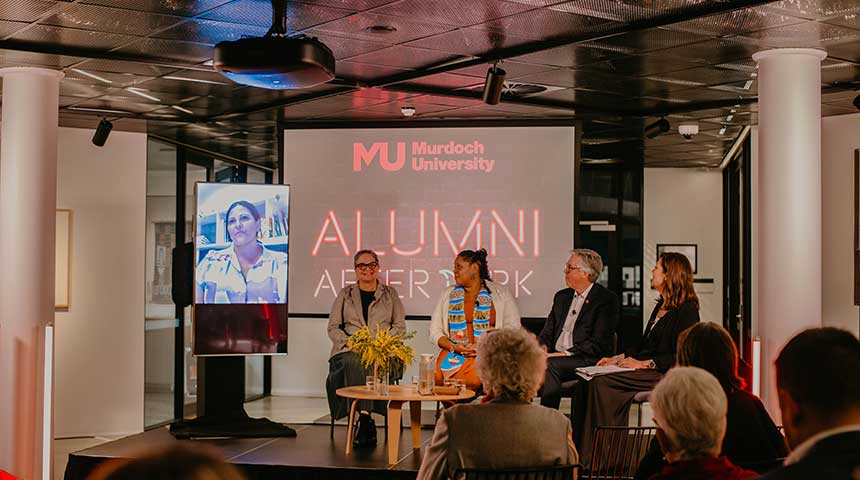
Heidi Mippy grew up in the cultural footprint around Murdoch University and is the place where she raised her children. She outlined what healing country meant to her.
“I think healing country is every Aboriginal person’s job. It resonates with me as it talks to the spiritual, ecological, and cultural values of Aboriginal people. For a long time, I feel country has been separated from spirit or from culture. All the old traditions of bush science that we have has certainly not been valued enough in land management and other spaces. In my experience, in a lot of the roles I have had, I have come across a lot of ‘lost’ people and country helps our mob connect with self and spirit and this is why protecting country is so important. Covid has highlighted how powerful that connection is, and the healing power of country talks to all people I think,” said Heidi.
Sharing his personal story, Murdoch Chancellor Gary Smith said growing up in privileged, wadjala middle Australia he had no Aboriginal children to play with and it was only when he entered the workforce as an adult that he began to realise the ways in which he was unconsciously incompetent.
“In my professional world I invited people to come and do welcome to country at corporate events and subsequently learnt that they often they felt culturally unsafe in the room and only welcome to complete a transaction for the organisation and had no reason to stay beyond that. I was frankly embarrassed to be in that space.”
The experience was an eye opener for Gary, who subsequently went on his own personal learning journey while simultaneously becoming frustrated that there hadn’t been more of a national impetus to do something to address the prevailing lack of harmony, the racism that still exits, the oppression and disparity of opportunity and privilege.
“To me, when you talk about healing country, it is about healing the entire country,” said Gary.
This led on to a powerful discussion about welcome/acknowledgement to country and the broad lack of understanding of its protocol, origins, and spiritual elements. The event then opened up to questions from the audience, keen to find out more about the specifics of cultural intelligence and increase their personal understanding of the world’s oldest living culture.
If you would like to do the same, you can watch a video of the complete event here. (Password required MUAlumni21)
A photo gallery of the evening can be found here.
